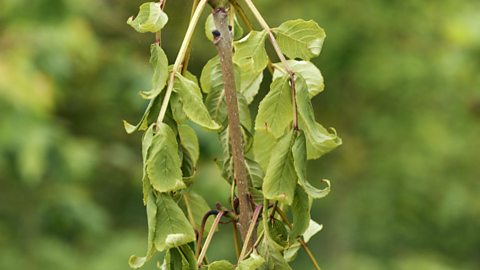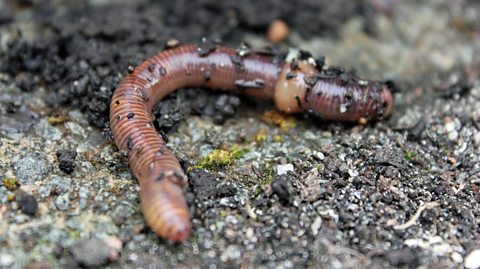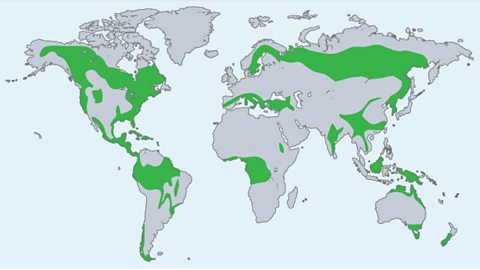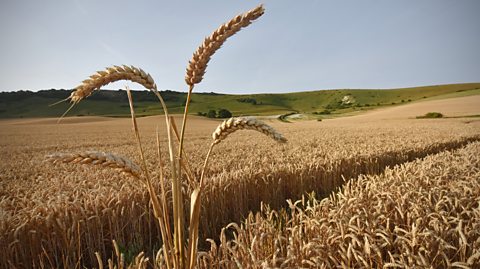Ecology
Adaptations, interdependence and competition - AQA
The abundance and distribution of organisms in an ecosystem is determined by biotic and abiotic factors. Animals and plants have adaptations to allow them to compete for resources.

Organisation of an ecosystem - AQA
The feeding relationships between organisms in an ecosystem can be seen in food chains. Sampling allows us to measure the abundance and distribution of these species.

Decomposition - AQA
Decomposition, or decay, is the breakdown of dead matter. The rate at which this happens depends upon the number of decomposing microorganisms, the temperature, and water and oxygen availability.

Biodiversity and the effect of human interaction on ecosystems - AQA
Biodiversity is a measure of how many different species live in an ecosystem. Human activities like changing land use, deforestation and peat bog destruction reduce this.

Trophic levels in an ecosystem - AQA
Feeding relationships are shown in food chains. Each stage is a trophic level. Biomass is a measure of the total mass of living material in each trophic level.

Food production - AQA
Factors such as the increase in human population, new pests and pathogens, overhunting and armed conflict, can result in food scarcity in some countries.

Sample exam questions - ecology - AQA
Understanding how to approach exam questions helps to boost exam performance. Question types will include multiple choice, structured, mathematical and practical questions.

Links
- External linkExternal link
- External linkExternal link
- SubscriptionSubscription
- External linkExternal link
- External linkExternal link
- SubscriptionSubscription
- External linkExternal link
- External linkExternal link
- SubscriptionSubscription